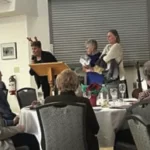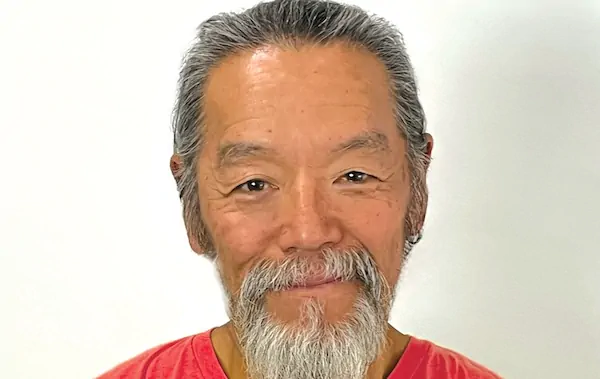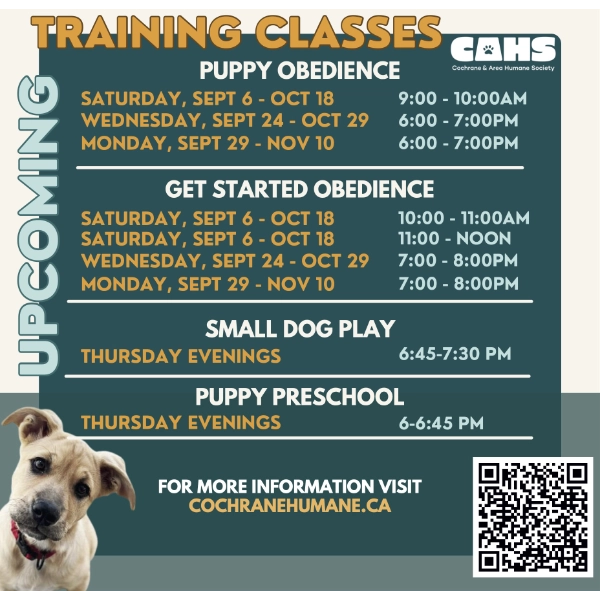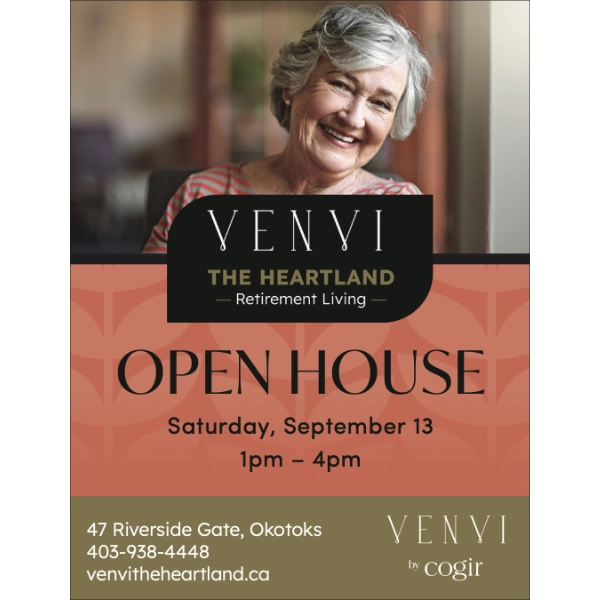Advice to a Future Widow
Most wives outlive their husbands. As a group, women live longer than men of the same age (i.e., if a husband and wife are each 60 years of age then, on average, the wife will outlive her husband by 6 to 8 years). Also, women, have a tendency to marry men who are older than they are. So, if you’re a wife, it is more likely you will become a widow than your husband becoming a widower. Knowing this, how can you prepare for it?
First of all, when widowhood strikes, do not do anything drastic. Do not sell the house or car. Do not decide to move to another town. You have just suffered a very traumatic experience and your system needs time to adjust. Give yourself time to grieve before making any life changing decisions.
Next, realize that you’re in a vulnerable situation and you will likely need advice. Unfortunately, you’ll get too much of it from well-meaning friends, relatives and even strangers. Some of it may be good, some bad and much of it will be contradictory. Be aware that there may be those who will try to take advantage of you. In anticipation of widowhood, start now to select advisors that you know and can trust. Do not hesitate to call when you really need them. Choose at the very least a lawyer, an accountant and an estate or financial advisor. You will need these professionals to help settle your husband’s estate and to counsel you on legal, tax and financial matters.
Most wives do not get involved in the family finances. This can be a mistake, especially if your husband suddenly dies or has a heart attack or stroke and can no longer handle the family’s finances.
You need to begin to get familiar with the ins and outs of the family finances. If your husband dies, will you have sufficient income to live on? Do you have long-term care insurance for your-self, to help cover health care costs as you age?
Now is the time to talk to your husband about his and your assets. What are they? Where are they? Who handles them for him? What are they worth? You also need to know about his life insurance policies and what companies they are with.
Find out where all the important papers are kept and make sure that you have access to them. Where is his will, employee benefit records, insurance policies, deeds to property, investment records, business documents, tax records, etc.? How can you obtain these documents if you have to? If any of these documents are kept in a safe deposit box, it should be in joint name so you can get access without any problems. Here is something you can do alone right now. Ask yourself, “If I suddenly became a widow, what are the three most important questions that I will want answered?”
Think very carefully about this and write down the questions. These questions you have written down are the three most important things you’d want to know if you lost your spouse. Do you know the answers to these questions now or where to get the answers? Are they the answers you want? What would you change?
This advice is just as important to a husband should his wife predecease him. This also applies to single people, who should also make sure their heirs aware of their affairs so that the estate can be settled as quickly, painlessly, and cost effectively as possible.
Bottom Line
Most of the above is not new, but most people procrastinate. The time to look into all of these issues is NOW. At the moment you are not dealing with a tragic loss. Now you can take your time and calmly work through these issues.
It is impossible to give specific advice in an article like this, as individual circumstances vary. If you or someone you know is in this situation, call, or have them call, to set-up an appointment to discuss the estate and legacy issues.
I am here to help.
Also, visit myfinancialsolutions.ca for additional financial information on insurance, retirement, estate planning, investments and whole host of other financial topics.
Robert Hughes,
P. Eng., CFSB, CFP, CPCA


























